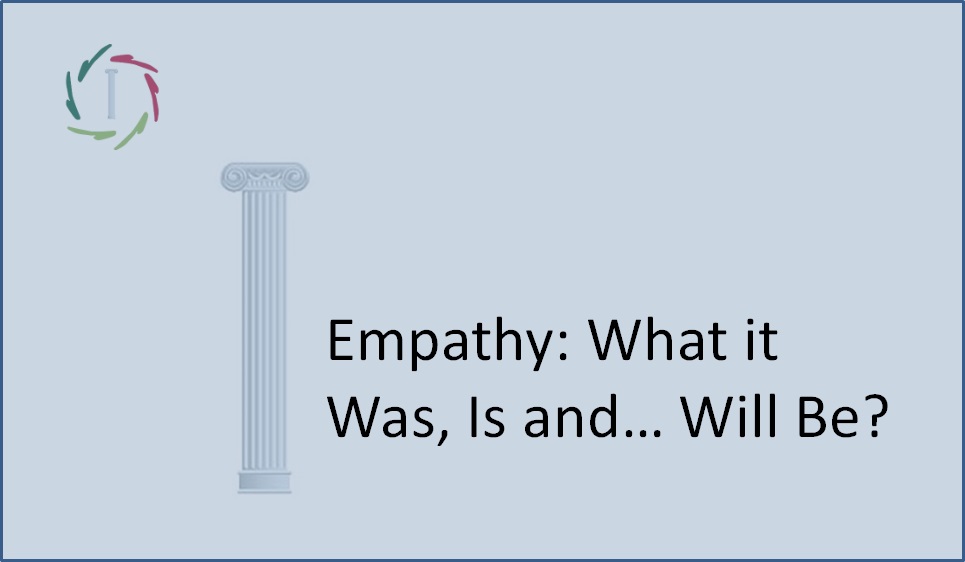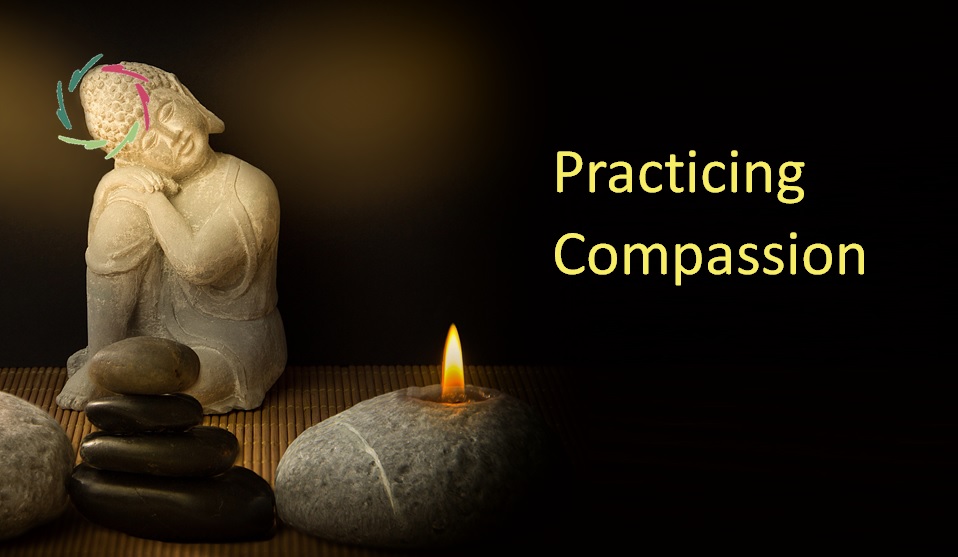21. Empathy: What it Was, Is and… Will Be?

Empathy is difficult to conceptualize because it is ‘beyond the conceptual’.
What it was
In the second half of the 19th century, bedside manners were the main instrument of the doctor. The time of bloodletting, purgatives, and leeches (in 1827 in France still good for an import of 33 million specimens, in addition to the own production) was, fortunately, a thing of the past.
The big time of modern pharmaceuticals was still to come. One only had about a handful of drugs that were really effective and in addition to this, many that worked no better than placebo (as we know now). The number of these diminished over time, due to increasing scientific knowledge.
For many colleagues, medicine was thus merely a matter of ‘only me and Bobby McGee’.
So: doctor-patient relationship, bedside manners,
including what is now called ’empathy’. In the course of the 20th century, this was mainly seen as the ability to name emotions: a problem of classification. The empathic doctor was the one who could put the correct emotional label. But what is ‘correct’?
Non-specific factors
The ‘non-specific factors of psychotherapy’ are seen as the most effective factors. So, not the specific theories, but the underlying, common to all types of psychotherapy. For a long time, researchers are trying to figure out what this underlying may be. They want to ‘conceptualize’ it. But if, by definition, the underlying is about ‘beyond the conceptual’… one keeps searching, and in principle, one will never find it.
Empathy as contact between the ‘deeper layers’ of two or more persons
or: “where two of you are really together…” something else is brought to life too. It turns out now, that this is by far the only thing that really works in psychotherapy.
Of course, it is present in every medical consultation. The empathic doctor understands this art. Besides, there is no need to spend one hour per patient on it. It’s in the way in which a medical history is taken, in being open for the very reason of consultation, in the welcoming attitude when one asks the patient to lay down on the examination table, etc. A look. A smile.
It seems simple, but it’s not at all simple
because it presumes a ‘going within’ and from there – more than ever – a going back to outside. It assumes working on motivation at oneself in order to find this again and again. It is only ‘simple’ at a level where it doesn’t work. Besides, in the examples mentioned above, you notice that this is not only important for empathy in itself, but also for a good medical history, clinical examination, patient compliance, etc. So, for several reasons, it is very meaningful!
Clear difference with placebo
Empathy is no placebo. Although, in a doctor-patient relation, these two play a part simultaneously. On the one hand, there is a ‘deep contact from person to person,’ the fact of being present. On the other hand, there is the patient’s expectation (faith…) which works as a placebo. These are two different ways to address the deeper layer of the psyche.
I would say (personal opinion): The former is somewhat a poetic event, the latter is not unlike a ‘magical’ event. Prototypes are for the former: a personal relationship, and for the latter: a mere pill. Or:
Empathy is based on openness, so no pretense of what is not.
In the case of a pure placebo, one sees indeed, even necessarily, a pretense of what is not. Of course, there is a whole range of mixed forms.
However, it is important to keep them apart, if only for deeper insight into each.
Does medication become superfluous by these insights?
Of course not. The currently available arsenal will become more interesting because we will be able to use it in a more directed manner. Wishes and needs continuously change. The adagio ‘everything flows’ has never been more pertinent. Who does not go with the flow, better stays at home.
However, one can indeed develop a higher level of empathy. It is not just an innate skill. It requires a special approach. More about this in the next column.


